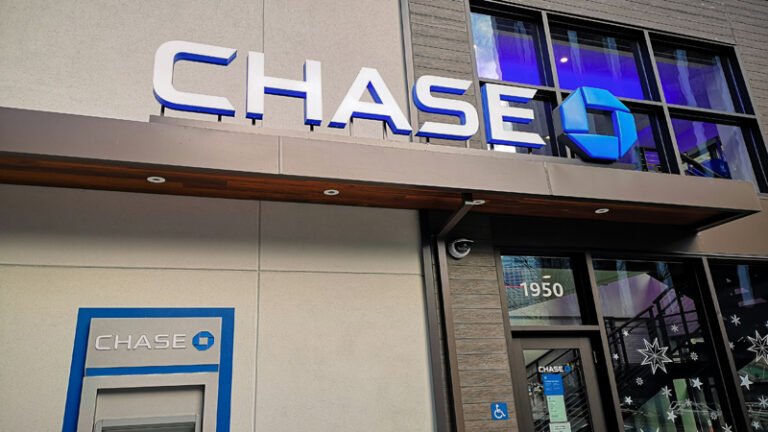Big banks have a blunt warning for federal regulators who are trying to cap overdraft fees: if you are successful, bank customers could end up paying the price.
At issue is the Consumer Financial Protection Bureau’s (CFPB) proposed rule that would cap overdraft fees at $8, bringing them down from the current typical $30 to $35 fee. The Wall Street Journal reports Marianne Lake, head of Chase Bank, the retail side of JPMorgan, has told the newspaper that the proposed rule would probably result in customers paying monthly fees for their accounts.
According to Lake, the bank could pass on those regulatory costs to customers, who now receive checking accounts and wealth-management tools at no charge.
“The changes will be broad, sweeping and significant,” Lake told the newspaper. “The people who will be most impacted are the ones who can least afford to be, and access to credit will be harder to get.”
CFPB announced the proposal in early 2024, saying the actual cost of handling a bank overdraft is approximately $8. But if that is true, major banks are deriving $24 in profit when they charge a $32 fee. Banks likely would decide to make up for the reduction in profits somewhere else.
“Decades ago, overdraft loans got special treatment to make it easier for banks to cover paper checks that were often sent through the mail,” CFPB Director Rohit Chopra, said in January when the bureau proposed the rule. “Today, we are proposing rules to close a longstanding loophole that allowed many large banks to transform overdraft into a massive junk fee harvesting machine.”
About 175 banks would be affected
The proposed rule would apply to insured financial institutions with more than $10 billion in assets, which covers approximately the 175 largest depository institutions in the country. These institutions typically charge $35 for an overdraft loan, even though the majority of consumers’ debit card overdrafts are for less than $26, and are repaid within three days,” the agency said.
Dennis Kelleher, president of Better Markets, an economics think tank, thinks Chase and other banks are bluffing. He told the Journal that banks have made threats like this before but have backed off, unwilling to drive customers away.
Financial industry officials say this time could be different, however. They note the scale of the regulations are larger and more costly than in the past.


